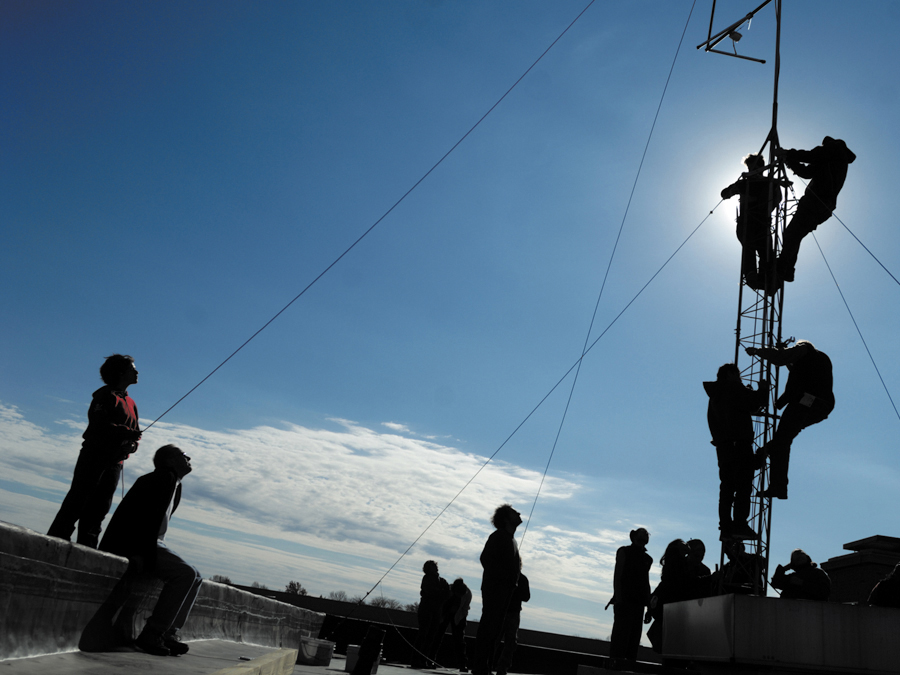Radio and the Democracy of the Airwaves
As radio was the first national electronic mass medium, its influence in the formation of American culture cannot be overestimated. Radio has given us soap operas, situation comedies, and broadcast news; it helped popularize rock and roll, car culture, and the politics of talk radio. Yet for all its national influence, broadcast radio is still a supremely local medium. For decades, listeners have tuned in to hear the familiar voices of their community’s deejays and talk-
The early debates over radio gave us one of the most important and enduring ideas in communication policy: a requirement to operate in the “public interest, convenience, or necessity.” But the broadcasting industry has long been at odds with this policy, arguing that radio corporations invest heavily in technology and should be able to have more control over the radio frequencies on which they operate and, moreover, own as many stations as they want. Deregulation in the past few decades has moved closer to that corporate vision, as nearly every radio market in the nation is dominated by a few owners, and those owners are required to renew their broadcasting licenses only every eight years.
This trend in ownership has moved radio away from its localism, as radio groups often manage hundreds of stations from afar. Given broadcasters’ reluctance to publicly raise questions about their own economic arrangements, public debate regarding radio as a natural resource has remained minuscule. As citizens look to the future, a big question remains to be answered: With a few large broadcast companies now permitted to dominate radio ownership nationwide, how much is consolidation of power restricting the number and kinds of voices permitted to speak over public airwaves? To ensure that mass media industries continue to serve democracy and local communities, the public needs to play a role in developing the answer to this question.

To help communities or organizations set up LPFM stations, nonprofit groups like the Prometheus Radio Project provide support in obtaining government licenses and also actually construct the stations. For construction endeavors known as “barn raisings,” Prometheus will send volunteers “to raise the antenna mast, build the studio, and flip on the station switch.” Shown here is the barn raising for station WRFU 104.5 FM in Urbana, Illinois. JJ Tiziou Photography